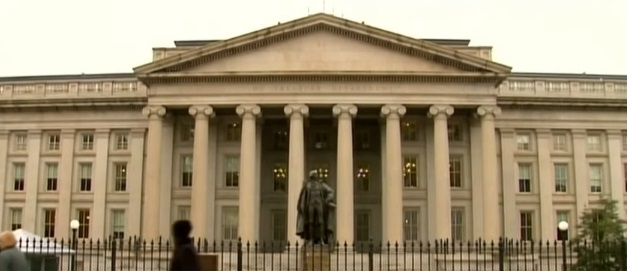The US Treasury Department would most likely run out of cash before the end of December if Congress fails to raise the debt limit, the nonpartisan Congressional Budget Office (CBO) has said.
The US Treasury has already reached the brand new debt restrict of $28.9 trillion, so it at the moment has no room to borrow underneath its customary working procedures, the Federal company mentioned on Tuesday in a report, including the division is utilizing the "extraordinary measures" that enable it to proceed to borrow further quantities for a restricted time.
New Debt Limit
If the debt restrict remained unchanged and if the US Treasury transferred $118 billion to the Highway Trust Fund on December 15, as at the moment deliberate, the Treasury would most likely run out of cash before the end of December, the CBO estimated.

"If that occurred, the government would be unable to pay its obligations fully, and it would delay making payments for some activities, default on its debt obligations, or both," the Federal company mentioned.
The CBO's projection got here as US Treasury Secretary, Janet Yellen has urged Congress to elevate the debt restrict by December 15, Xinhua news company reported.
"I cannot overstate how critical it is that Congress address this issue. America must pay its bills on time and in full. If we do not, we will eviscerate our current recovery," Yellen mentioned on Tuesday before the Senate Banking Committee.

Yellen's Warning
"I didn't say that there is no way that we can make it past December 15... there is uncertainty about where we will be on December 15, and there are scenarios in which we can see it would not be possible to finance the government," Yellen added.
"We think it's important for Congress to recognise that we may not be able to and therefore to raise the debt ceiling expeditiously," she mentioned.
The debt restrict, generally known as the debt ceiling, is the entire quantity of cash that the US authorities is authorised to borrow to meet its current authorized obligations, together with social safety and medicare advantages, curiosity on the nationwide debt, and different funds.








